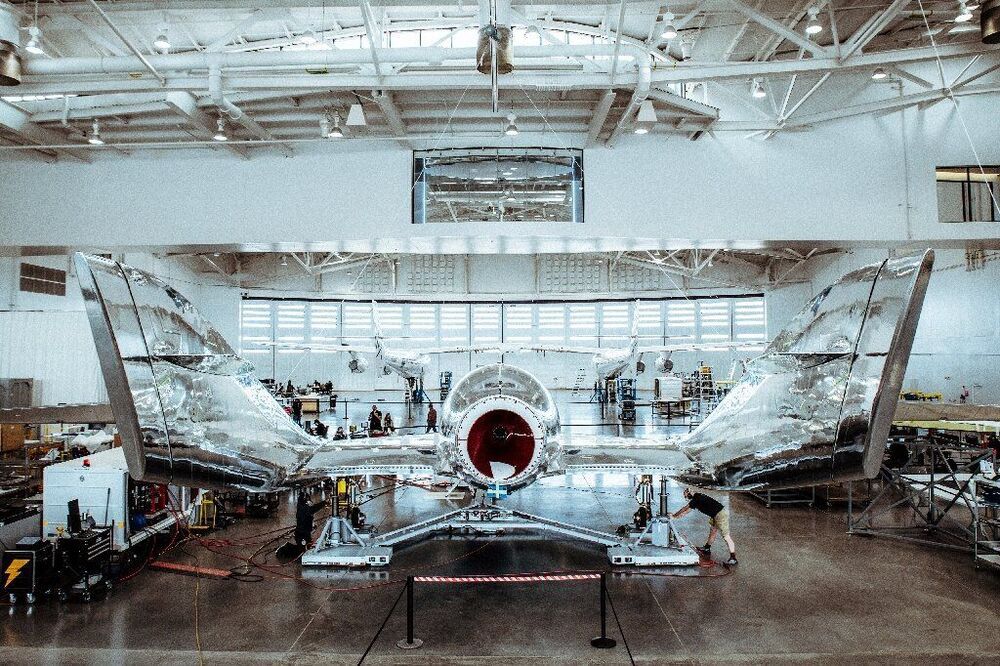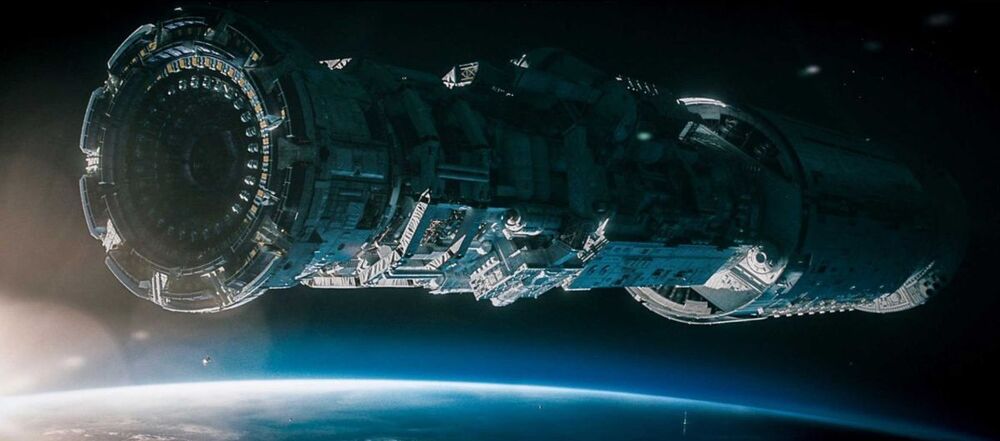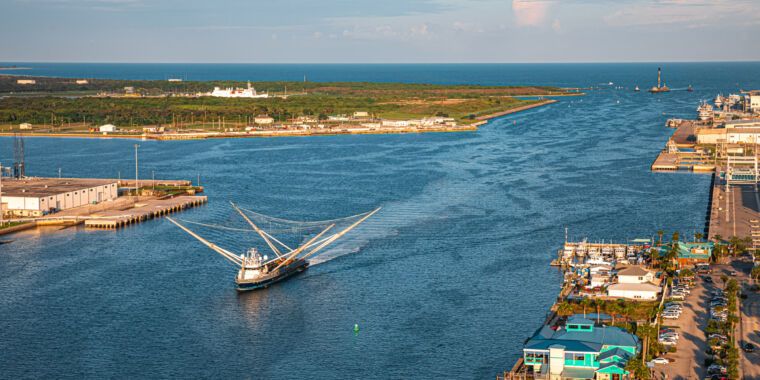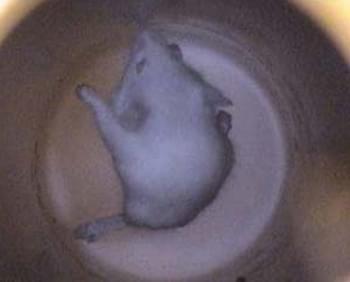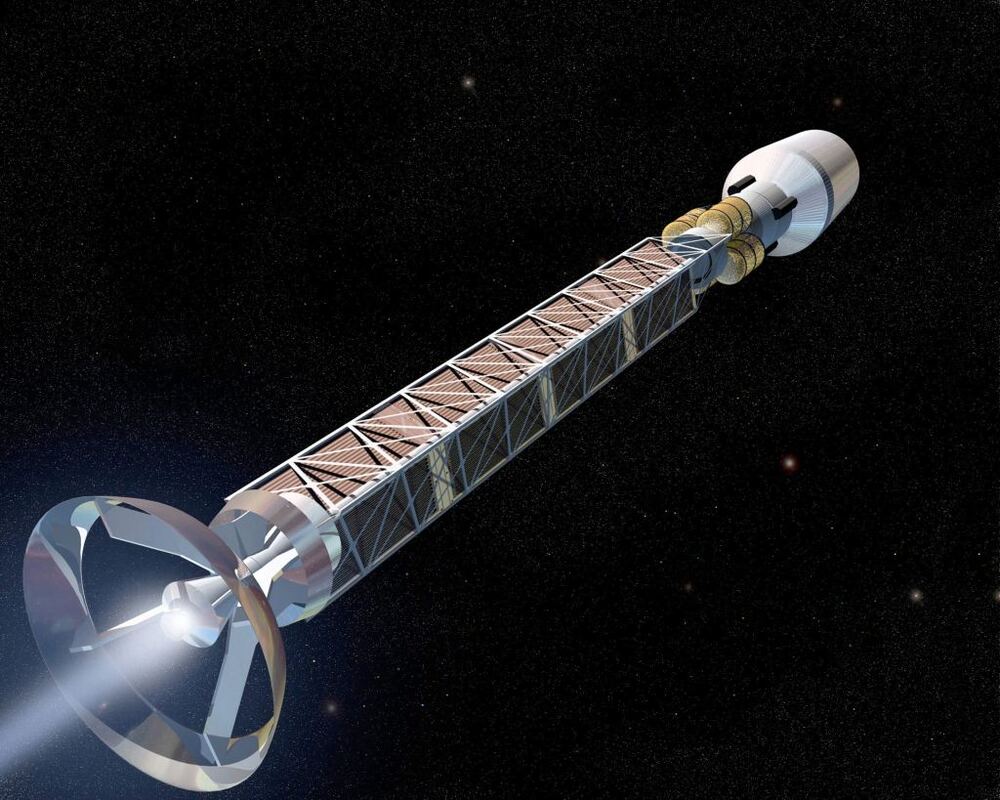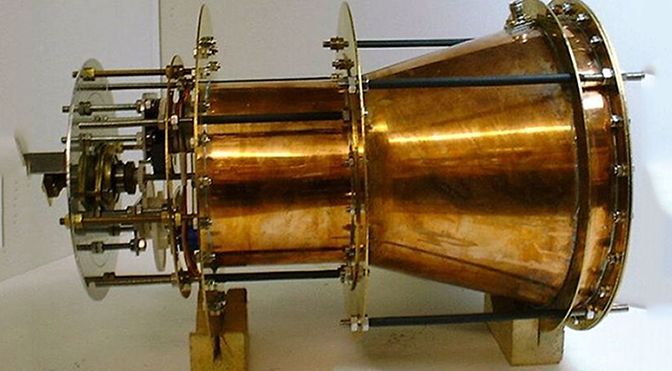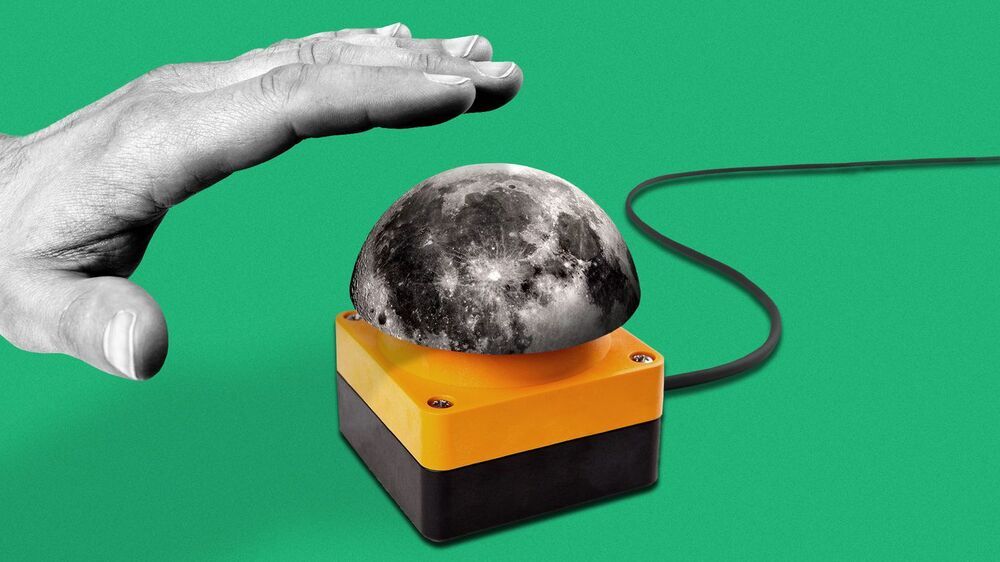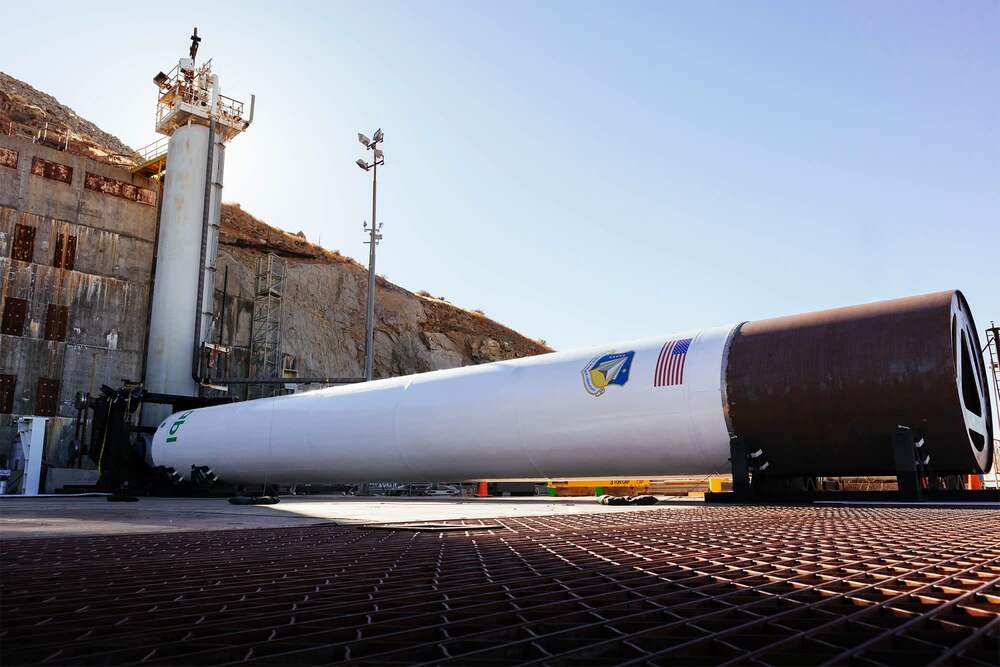I found your rocket … Kyle Foreman, a spokesman for the sheriff’s office, told GeekWire that the property owner left a message reporting the debris. “The sheriff’s office checked it out on Monday, and SpaceX staff came over on Tuesday and retrieved it,” Foreman said. SpaceX has yet to detail precisely what went wrong with the Falcon 9 rocket’s second stage, such that it failed to de-orbit in a controlled manner over the ocean. Fortunately, no one on the ground was injured. (submitted by Ken the Bin)
Brazilian launch site stirs controversy. The Brazilian government is committed to further developing the Alc ntara Launch Center on the country’s north Atlantic coast, near the equator. However, the region is also home to Afro-Brazilian residents of settlements first established by escaped slaves. These settlements are known as Quilombola communities. The Washington Post recently did a deep dive into the controversy, examining how eviction of these communities would affect local residents. The newspaper found that the spaceport expansion could displace nearly 2100 people from Quilombola communities.
Brazil’s polarizing dilemma … Marcos Pontes, head of the Brazilian Ministry of Science, Technology and Innovation, said there are no plans to relocate families “right now.” And if the time comes to remove people, he predicted, they will go willingly. “They are going to see development coming in, real development,” he said. “All of the resistance, that is going to be gradually disappearing.” This seems unlikely. The clash is the distillation of one of Brazil’s most urgent and polarizing dramas, the publication says. What is more important: developing a vast country with unrealized potential and a lagging economy? Or protecting some of its most vulnerable communities?
